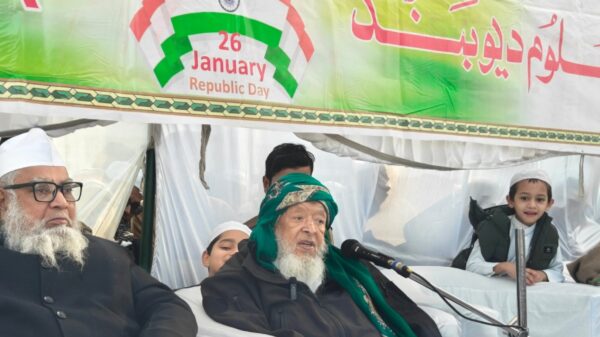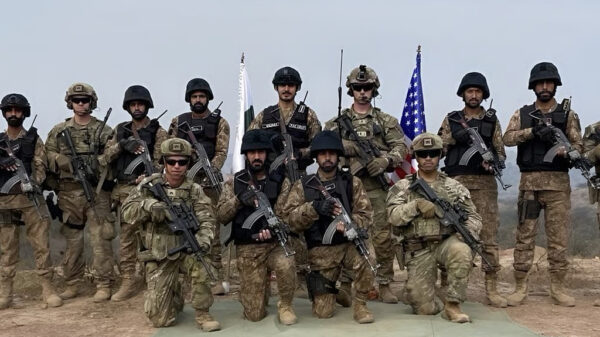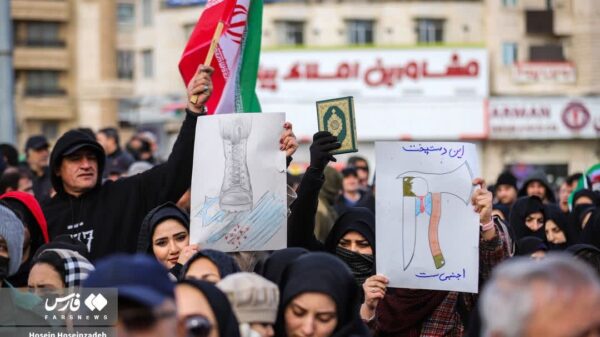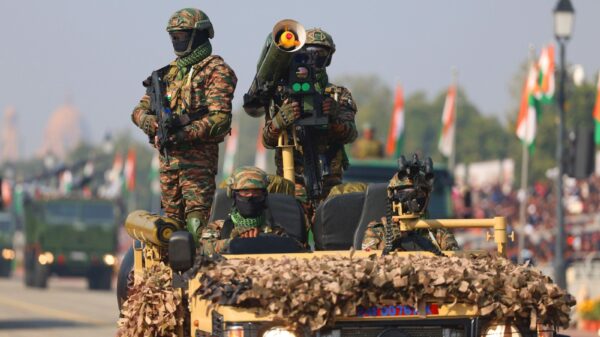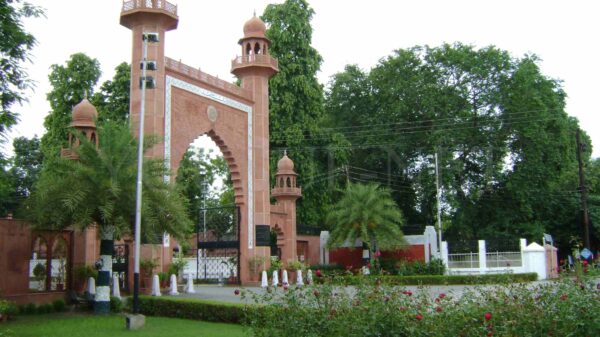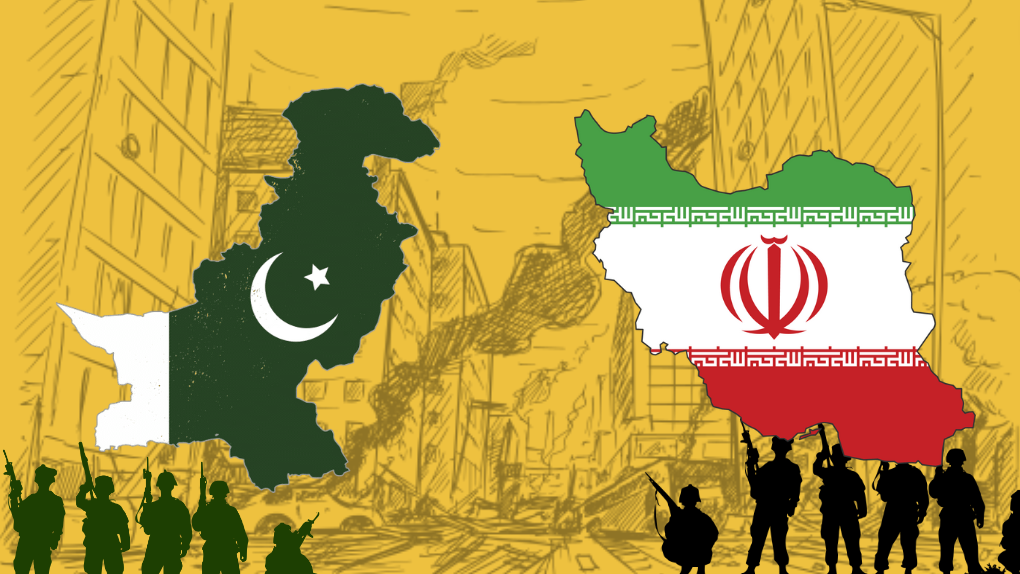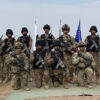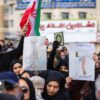Pakistan launched targeted strikes against alleged “terrorist hideouts” in Iran, just a day after warning Tehran of “serious consequences.” The move followed Iran’s attack on the Balochi group Jaish al-Adl’s headquarters within Pakistan’s borders.
Pakistan’s Foreign Ministry reported that a significant number of terrorists were killed during the operation dubbed “Marg Bar Sarmachar.” However, conflicting reports from Iranian media claimed the death of seven persons, including four children.
Labelling Iran a “brotherly country,” Pakistan asserted that the strikes were a demonstration of its commitment to safeguarding national security. The Foreign Ministry stated, “The sole objective of today’s act was in pursuit of Pakistan’s own security and national interest which is paramount and cannot be compromised.”
Pakistan emphasized its respect for Iran’s sovereignty and territorial integrity but expressed long-standing concerns about safe havens for Pakistani-origin terrorists inside Iranian territories. Islamabad claimed to have shared multiple dossiers with concrete evidence of these concerns but lamented the lack of action from Iran.
The statement added, “This morning’s action was taken in light of credible intelligence of impending large scale terrorist activities by these so-called Sarmachars.”
This exchange of hostilities began when Iran targeted two bases of the blacklisted terrorist group Jaish al-Adl in Pakistan’s Balochistan province, using missiles and drones. Pakistan condemned Iran’s “violation of its airspace” and warned of “serious consequences.”
In response to the perceived breach of sovereignty, Pakistan announced the recall of its ambassador from Iran and the suspension of high-level visits between the two nations. The responsibility for the consequences was squarely placed on Iran.
These events unfold against the backdrop of the Hamas-Israel conflict in the Middle East and a surge in attacks on vessels in the Red Sea, underscoring the rising tensions in the region.










